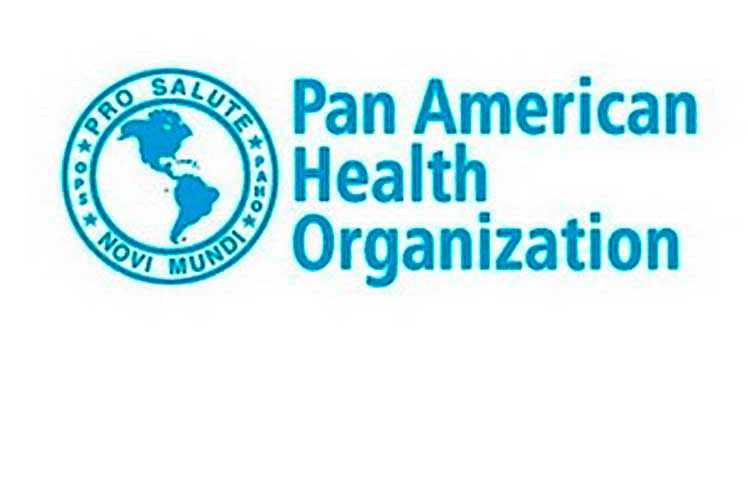‘In the last five years, the American continent has witnessed more than 550 extreme weather events that affected about 190 million people, and the potential for devastation is even greater in the context of a pandemic,’ PAHO reported.
The arrival of summer also marks the beginning of the hurricane season, and this year comes during the worsening outbreaks in the Caribbean and Central America, making preparations for storms especially vital. For such a reason, specialists lay stress on the need to further strengthen coordination between public health, civil protection and emergency teams that could be called upon to act in case of a storm. It is also important for countries to use effective alert systems so that people know when it is safe to stay home or better to evacuate. In addition, nations should consider equipping hospitals and expanding shelters to reduce the potential for transmission, including among family members, as social distancing and adequate ventilation will be difficult in the context of a storm.
On the other hand, in the southern hemisphere where winter and influenza season have just begun, nations must strengthen their surveillance systems to control the spread of respiratory viruses, including SARS-CoV-2.
Experts strongly recommend focusing on adherence to proven public health measures such as hand washing, face mask, and social distancing.
PAHO Director Carissa Etienne pointed out that over 13 countries in our region have already started vaccination campaigns against seasonal influenza and more than 80 million people have already been protected. But we still have a lot to do to limit the transmission of Covid-19 and other respiratory diseases.
pgh/Pll/msm / rbp










